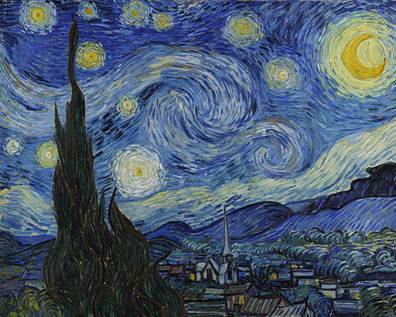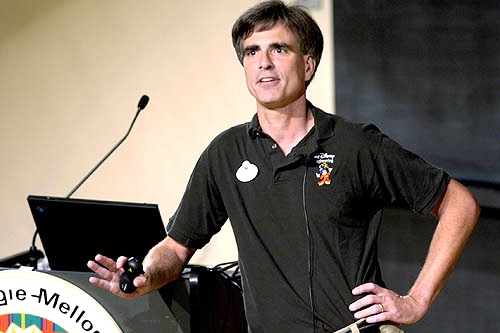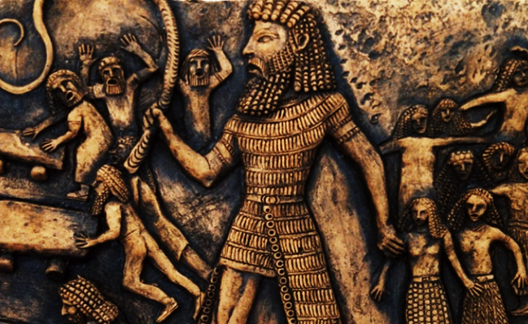Gilgamesh’s Lesson
Czar Putin wants to return to the good old days of Russia. He enjoys the accolades as he enters the St. Andrew Hall of the Grand Kremlin Palace. The large hall is where the Order of St. Andrew is awarded. Czar Peter the Great created this honor in 1698. St. Andrew is the Russian patron saint.
Putin envisions himself as the present-day Czar Peter the Great. This photo is a contradiction of greatness.

Czar Putin wants to be remembered like Peter the Great. One means to achieve this is to return to the greatness of Mother Russia is to return to the greatness of the USSR. Those were the great days in the 20th century.

While those were the days, those days have come and gone. There is a new map of what once was, and Czar Putin isn’t happy.

This statement explains Czar Putin’s mindset, “First and foremost it is worth acknowledging that the demise of the Soviet Union was the greatest geopolitical catastrophe of the century.” While Putin might think that others might not agree with him. Additionally, Putin wants to write his legacy restoring Russia to the days of glory during the time of the USSR and becoming the next Czar Peter the Great. Both legacies are in doubt regardless of his moves into Ukraine.
That’s the backstory. I love teaching. Putin needs to read about history and legacy, which goes back long before Czar Peter the Great. It goes back to Gilgamesh, the ruler of Uruk. Uruk was a Sumerian city-state ca. 2800-2500 BCE.
Gilgamesh was a master when it came to legacy and being remembered. He wasn’t known for being a good monarch for much of his reign. Nonetheless, there was some transformation of his character, which radically changed him. Several centuries after Gilgamesh died, his legacy became a part of Mesopotamian mythology. He was seen as a human who morphed into a quasi-deity. His mythic legends developed for several centuries. Sîn-lēqi-unninni gathered together many folktales into The Epic of Gilgamesh.
In one of the five-volume of The Epic of Gilgamesh, Gilgamesh meets Enkidu, a bizarre and barbaric person. Nonetheless, Gilgamesh and Enkidu became the best of friends. However, when Enkidu dies, it sensitizes Gilgamesh to his own death. It was transformative for Gilgamesh. It was as if Gilgamesh had danced with death himself.

Gilgamesh mourns the death of Enkidu
Gilgamesh wanted to find immortality. So, he found the only immortal in the world, Utnapishtim. Utnapishtim Gilgamesh to find a particular type of flowing plant, which was the only means to reach immortality. Gilgamesh found the plant, but a snake ate it first.
Essentially, the story was a parable with a message; immortality wasn’t possible. In response to realizing he wasn’t going to become immortal, Gilgamesh stated, “Forget death and seek life.”
Gilgamesh failed in his quest for physical immortality. Instead of wasting his life looking for the Mesopotamian version of the Holy Grail, he spent the rest of his life doing good and noble things for others. While Gilgamesh didn’t find physical immortality, the world remembers a person who lived 5,000 years.
So, Putin needs to learn Gilgamesh’s insight. Do good and noble things if you desire immortality. Gilgamesh could have added that all of us can become immortal in an ignoble way. Putin is hell-bent on obtaining an ignoble immortality.
Each of us needs to look at our lives and ask ourselves who we will be remembered.
Follow @mountain_and_me













